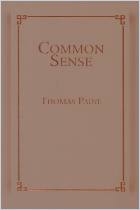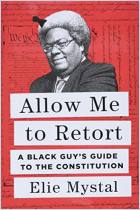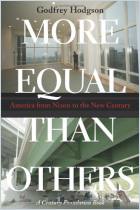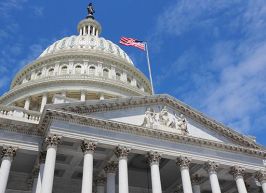Rejoignez getAbstract pour lire le résumé !

Rejoignez getAbstract pour lire le résumé !
Beau Breslin
A Constitution for the Living
Imagining How Five Generations of Americans Would Rewrite the Nation's Fundamental Law
Stanford UP, 2021
Aperçu
What if Americans followed the advice of Thomas Jefferson and periodically rewrote the US Constitution?
Recommendation
Thomas Jefferson and Thomas Paine never envisioned Americans living under the original US Constitution for centuries; they fully expected the document to be rewritten every generation or so. In this thought-provoking work that is, in part, historical fiction, academic Beau Breslin asks this question: What if Americans joined the rest of the world in periodically rewriting their constitution? He doesn’t conjure up an alternate reality for American democracy; instead, Breslin fits the new constitutions into the actual arc of the American experiment, raising important insights into US society.
Summary
About the Author
Beau Breslin is a professor of political science at Skidmore College. His previous books include From Words to Worlds and The Communitarian Constitution.


















Comment on this summary